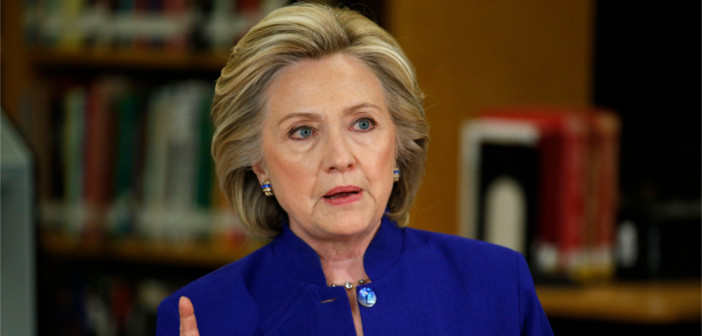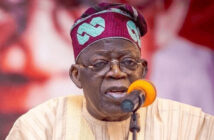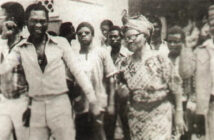By Charles Brooks
The South Carolina primary was to be a test of black vote for both Hillary Clinton and Bernie Sanders – and the black vote lost. Despite Hillary Clinton’s commanding win in South Carolina with record turnout from black voters, the 2016 election cycle is slowly shaping up to be yet another lost opportunity – another disappointment. Exit poll data shows blacks made up 61% of the electorate, voted for Clinton 84%-16% while 82% came from black men and 89% from black women.
There continues to be an obsession with the black vote by the Democratic Party as black voters still have yet to realize the magnitude of their vote. The exit data shows a lock step approach largely driven by whether Hillary Clinton is “electable” or if she’s the “lessor of two evils”. An approach that sidelines the black voter unable to build any leverage. So what goes unnoticed is the spectacle the 2016 primaries have become that’s largely driven by two critical issues for the black voter. The very public display of Clinton’s naked pursuit of the black vote on one hand and on the other hand, a base of black voters whose allegiance to the Clinton campaign shows no signs of eroding.
As a result, what goes overlooked are the Clinton’s racial appeals and rhetoric that have “evolved” over the past year from her assertion that All Lives Matter to her most recent declaration to end systemic racism – and yes, Black Lives Matter. But the Clinton campaign took notice as they worked to get black high-profile endorsements and supporters who were dispatched about across the country. Angela Bassett and Vivica Fox were out on the campaign trail along with the mothers of Trayvon Martin, Eric Garner, Dontre Hamilton, Jordan Davis, and Sandra Bland. Eric Holder, Kasim Reed, Shirley Franklin, and Andrew Young were amongst the endorsements from fifty former and current mayors as well as at least 33 Congressional Black Caucus members (CBC). And yes, there was the clumsy yet controversial endorsement from the CBC’s Political Action Committee (CBC PAC) reported by AlterNet, Democracy Now and Intercept who outlined the true spectacle this endorsement was.
Added to this spectacle that is the 2016 primaries, are the black lawmakers and high profile supporters who attempt to defend Clinton’s record while citing her political resume and experience. She’s often referred to as a friend of black America due to her long standing relationship with Black America. Consider what Congressman Hakeem Jeffries (D-NY) had to say: “Hillary Clinton has been a true friend to the African American community for the last 40 years” and he went on to say that in this election: “issues of significance to communities of color will now be discussed and debated…” Or when the Director of Clinton’s African American Outreach stated: “As president, she’ll implement the right policies to lift us up and move us forward…” Adding to the circus like atmosphere was the highly publicized meeting in Harlem, NY, Ms. Clinton had with civil rights leaders and her uninspiring speech on race.
So what we have now is Ms. Clinton mistakenly portrayed as responsive to black issues in the past and will continue to do so if elected president. Subsequently there’s little pressure on Ms. Clinton to address particular issues and questions that should be important – such as her record, for one. She has been pressed to take a position against the criminal justice policies of former president Bill Clinton – specifically the 1994 Crime Bill. But are we okay with her 1996 super predator comments? Or the 1996 welfare reform law that she repeatedly touts as a success? Or her support for the death penalty? Or having the mothers of those who fallen victim to police and gun violence while silent about Chicago Mayor Rahm Emanuel? Or her past ties to Wall Street firms when black folks suffered from banking activities such as discriminatory redlining, predatory lending and foreclosures. Or the $130,000 she accepted from prison lobbyists? Or her ties to the military industrial complex? Or her support for fracking – particularly in Africa? Or her ties to oil and gas companies? Or why Boko Haram was not designated a terrorist organization? Or with what occurred in the coup in Honduras? Or with what happened to Muammar Qadaffi and Libya?
Despite who wins the nomination for the Democratic Party – until the black electorate takes a more tactical and strategic approach to electoral politics, the 2016 elections will be nothing more than a national forum on what is wrong with black politics today in America.
This article originally appeared in The Brooks Blackboard.




